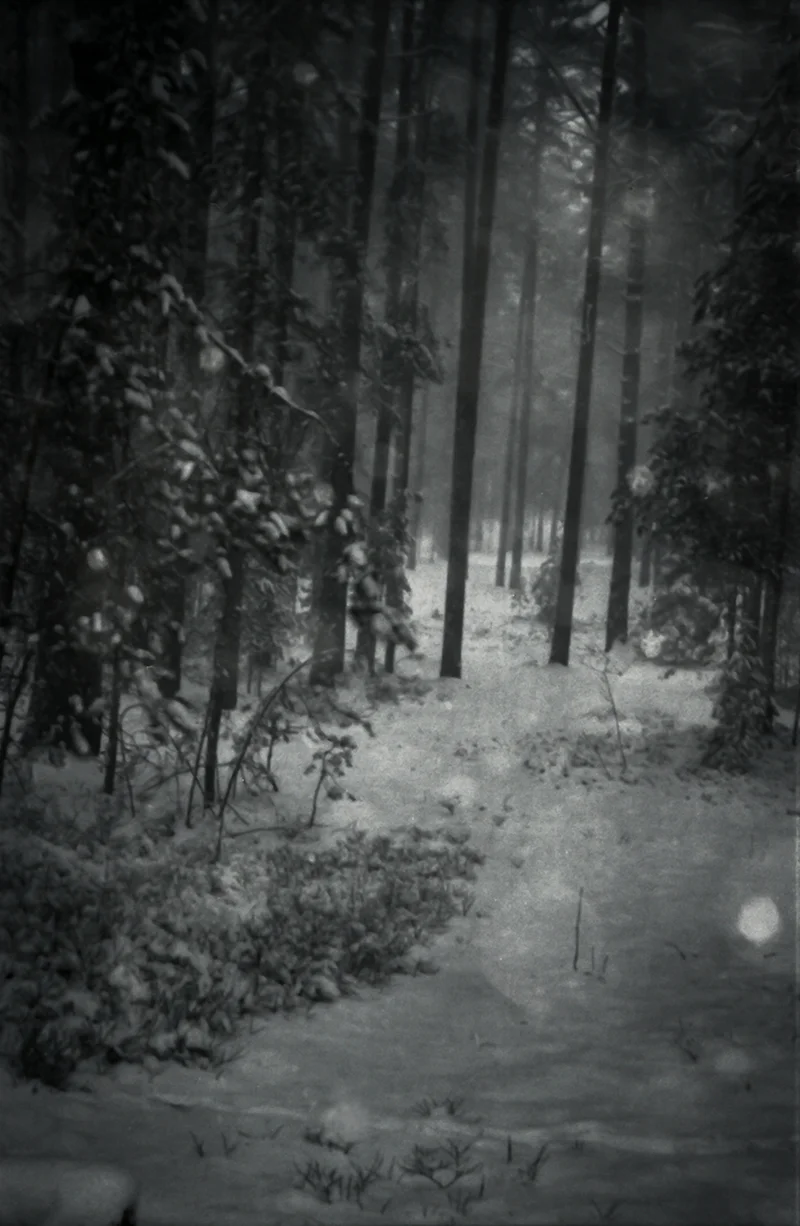Film Review: Time Regained (1999)
Film Still © Time Regained (1999)
Directed by Raul Ruiz
The only way to take in this voluptuous gorgeous extravaganza of a film based on the final volume of Marcel Proust’s Remembrances of Times Past is to simply dive in and go with the flow. The Chilean director, Raul Ruiz, who is having a retrospective at the Elinor Bunin Theatre, is definitely temperamentally suited to taking on such an overwhelming project. He is a new discovery for me and as such, I am trying to see as many of his films as possible before it is over. It is a treasure trove of brilliant, surreal, intelligent, stunningly beautiful and thrillingly audacious filmmaking.
The film opens in the Paris bedroom of the narrator, Marcel ( Marcelo Mazzarella), who is fatally ill and who is trying to get his papers, photographs and memories together in the time he has left. The film is structured like a swooning fever dream, which is to say that it has not got much of a linear through line. As he looks at photographs the memories associated with them come into focus and become vignettes in which the younger Marcel interacts with the people and events from his past. The cast of decadent Parisians living their privileged lives relatively impervious to the depredations of World War I is a heady mix of the wealthy, the beautiful, the licentious and the depraved. They complain of the horrors and inconveniences but their lives seem to go on with little evidence of serious disruption beyond curfews.
Emmanuel Béart as Gilberte de Saint Loup, at the height of her beauty is a source of endless fascination for Marcel, whose relationship seems to be somewhere between lover and confident as she shares with him all of the details of her marriage to her endlessly unfaithful husband Robert (Pascal Greggory), a complicated character who actually decides to join the war. Odette de Crecy (Catherine Deneuve) is another of Marcel’s fascinations, as is the gleefully depraved Baron de Charles (played to perfection by John Malkovich), who we follow on one of his nights at The Palais des Felicitas, a brothel full of young men who service a gay clientele in a variety of unorthodox practices. Marie France Pisier plays the annoying, desperately social climbing Madame Verdurin as a shallow gossipy conduit for background information about the other characters.
Marcel’s relationship to all of these characters feels somewhat removed. He is the Nick Carraway in this rarified group of aesthetes, socialites and hedonists. He is welcomed and embraced by them but is not really one of them. They confide in him and he is always invited, as a charming and engaging presence. He has a handsome face and a wonderful upturned handlebar mustache which lends him a constantly bemused air. Most of the action takes place in luxurious salons and the Café de la Paix, intercut with scenes of devastation by the war, which are filmed so beautifully that their awfulness is not really experienced, as it feels more like a meditation on decay than a depiction of the results of violence.
Much of the language is internal in the voice of Marcel, obviously the role of Proust, and the fact that the scenes do not always seem to be related to each other, makes is essential to not try to put all of the parts together as a coherent whole. That is a fool’s errand and it would be frustrating. At just under three hours it is way more satisfying to simply inhale it like air. It will fill you with the transience of beauty and loss and memorialize the value of memories.








